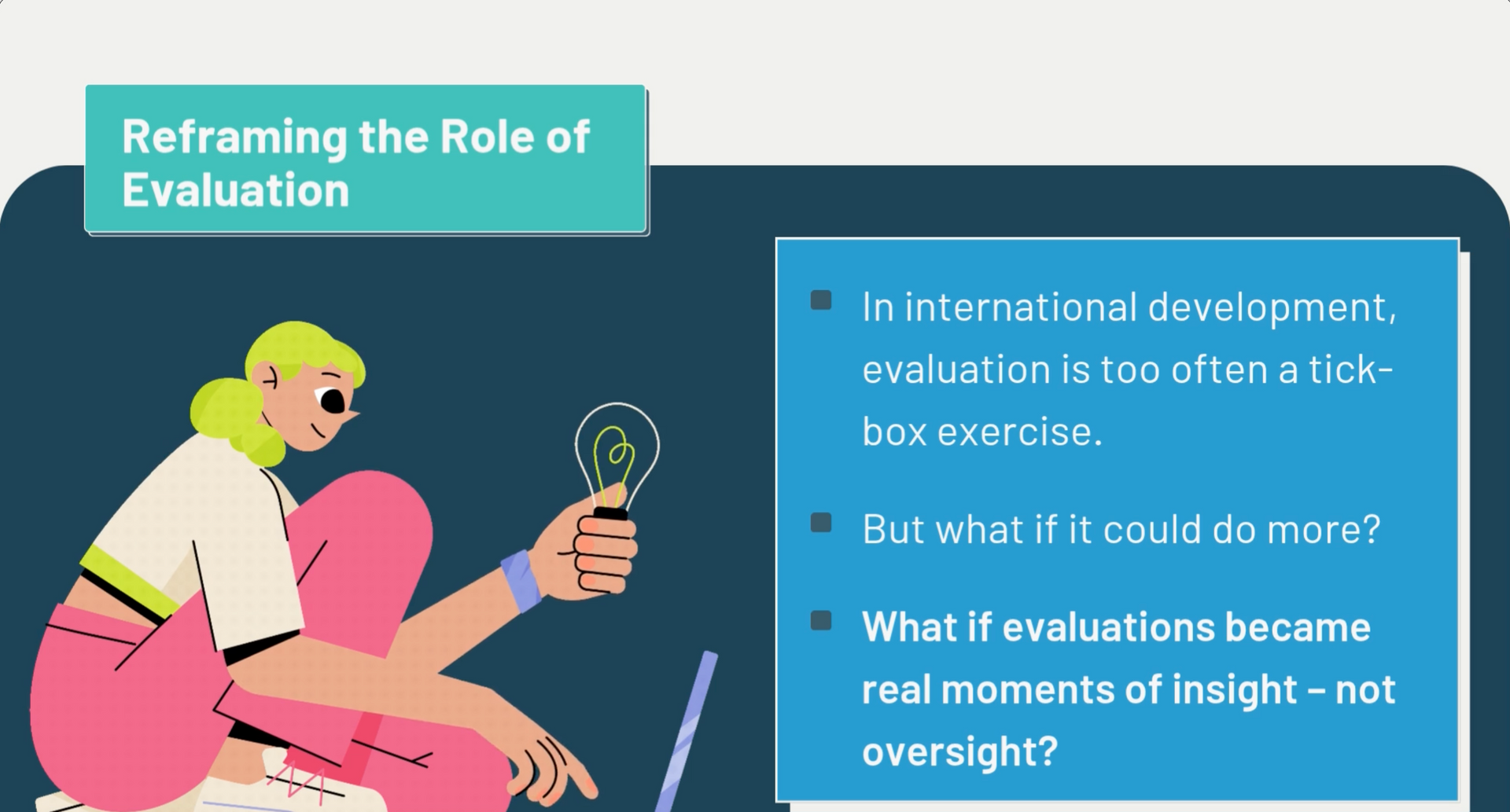FOLU Phase II: Catalyzing Delivery of Ten Critical Transitions to Transform Food and Land Use.
A Mid Term Review: progress towards national and global efforts to transform food systems
In early 2024, OpenCities undertook a mid-term review of Phase II of the World Resources Institute’s Food & Land Use Coalition (FOLU). Established in 2017, FOLU brings together a global network of changemakers to catalyze systemic change in how land is used and food is produced, distributed, marketed, and consumed. By focusing on evidence-based solutions, co-created by farmers, policymakers, businesses, and civil society in countries such as Brazil, China, Colombia, Ethiopia, India, Indonesia, and Kenya, FOLU seeks to address the unsustainable nature of current food systems has resulted in nearly $12 trillion a year in hidden costs, including environmental degradation, poor public health, and loss of biodiversity. With two billion people lacking access to sufficient and nutritious food and one-third of global Greenhouse Gas (GHG) emissions stemming from food and land use systems, the importance helping FOLU to become more effective and efficient has never been more critical.
In 2019, FOLU published the landmark report “Growing Better: Ten Critical Transitions to Transform Food and Land Use,” outlining a comprehensive framework to drive global food and land use systems toward sustainability. These transitions span a broad range of objectives, including promoting healthy diets, scaling regenerative agriculture, protecting biodiversity, and ensuring inclusive economic development. The overarching goal is to enable food systems to meet both local and global needs while contributing to the Paris Agreement and the Sustainable Development Goals (SDGs). In 2020, the Norwegian International Climate and Forest Initiative (NICFI) committed NOK 240 million (approximately $18.7 million) to support the implementation of FOLU’s vision.
The Mid-Term Review (MTR) covered the period from 2021 to 2023, focusing on how effectively FOLU has advanced toward its objectives in this timeframe. The MTR examined programmatic progress on national and global efforts to transform food systems, as well as FOLU’s engagement with international actors, and its ability to mobilize additional resources. The review has placed particular emphasis on two countries, Colombia and Ethiopia, to gauge FOLU’s effectiveness at the national level. Associates of OpenCities conducted visits in these countries, while other insights were sought through online interviewing and Focus Group Discussions.




